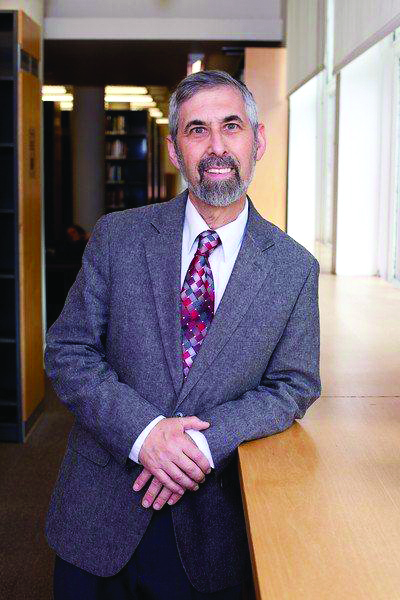News
Shavuot: A Holiday of Second Chances
By Professor Elhanan Marvit

Shavout is a holiday that requires little physical work or break in routine when compared to Passover and Sukkot.
Instead, this holiday’s uniqueness lies in its culmination of a process of change, rising spiritual fulfillment and hope. Shavuot’s name comes from the seven weeks of the Omer which we count nightly beginning during the second night of Passover until the night before Shavout. We begin our Omer “count-up” towards Shavout even before we sing “Chad Gadya” and leave the Seder table.
Each night, we count up towards the 49th day (the end of seven weeks) of the Omer in joyful anticipation towards a brighter future. We count up during the Omer, by adding one night to the prior night’s count, in consonance with the Omer’s theme of a counting up towards the joyful future event of G-d’s giving us the Torah. The act of counting creates anticipation and focuses our energy on how we can best impact our future.
The Omer period is a celebration of hope and “second chances.” People, who were unable to observe the first Passover, observe a “second Passover” during the Omer period. In modern times, it was the stories of Holocaust survivors rebuilding their lives. We commemorate and celebrate their courage during the Omer period on “Holocaust Remembrance Day.” The take away from the Omer period is that we receive second chances and count up to nurture a hope for a better future.

